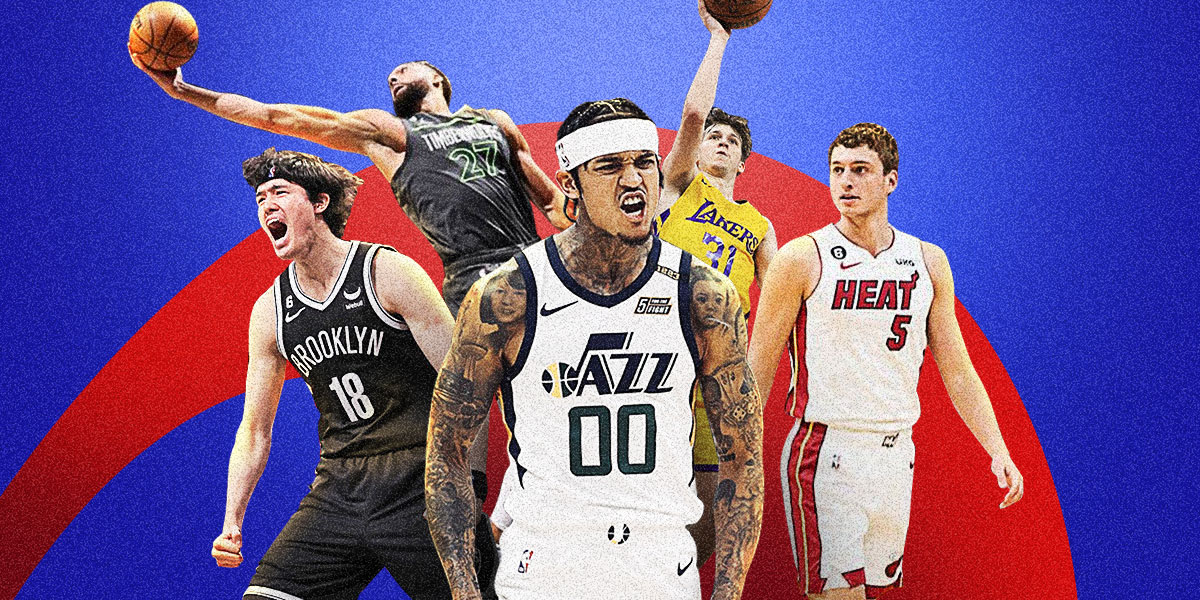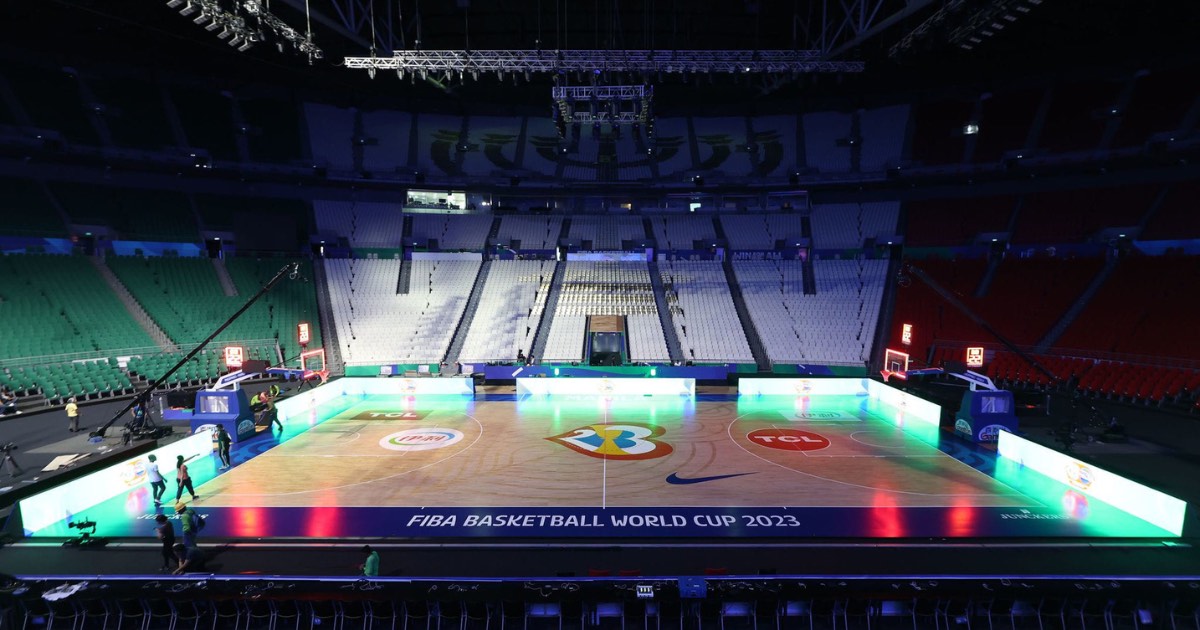[OPINION] FIBA is a reminder of why the World Cup matters
I might have misjudged the FIBA World Cup. It may have been my own pride as a baseball fan, envious of the attention and effort given to basketball in the country. But more than that, there’s a quiet subtext to the FIBA World Cup that I might as well admit on behalf of many basketball fans—it’s easy for an average fan to see the FIBA World Cup as unimportant.
Historically, the FIBA World Cup has always existed in a strange, middling space for the basketball fan. In other contexts like football and cricket, a World Cup is deemed the pinnacle of what an athlete can achieve. But with basketball, it is arguably the third most important basketball event in the world after the Olympics and the NBA Finals.
The approach of powerhouse basketball teams like Team USA doesn’t seem to help this perception very much, either. Right from the get-go, it’s rather noticeable that there are no LeBron Jameses or Stephen Curries on this year’s American team, and that’s by design. The World Cup is semiotically treated as a venue for experimentation, where teams like the US can test out different lineups, and where up-and-coming stars like Anthony Edwards, Austin Reaves, and Paolo Banchero get the chance to firmly cement their status from being the future of basketball to its present.

But after watching the USA-Jordan game, it was clear to me that this year’s FIBA World Cup seemed insistent on telling a different story. One of engagement, excellence, and growing the sport of basketball to levels it hasn’t seen before. This was a FIBA World Cup that wasn’t going to be ignored.
Firstly, the tournament was in the Philippines, the safest bet for a country to take anything basketball-related as seriously as possible. For Filipino audience members, the once-in-a-lifetime chance to see their heroes up close had value that couldn’t be appraised in pesos. As far as Filipino basketball fans are concerned, this event was the Olympics or the NBA Finals. Nevermind where they were seated, or who was playing, what mattered was that it was basketball, and that these were real, bona fide NBA players breathing the same air as them.

But it wasn’t just the choice of venue. Of course, the energy of the Filipino basketball community had a lot to do with making the event feel immersive and important, but outside of that, it was interesting how FIBA did an excellent job of reminding us that this was a world event. This might seem obvious, as it is the World Cup, but actually seeing fans from all across the globe scattered around the arena, waving their flags and chanting in their local languages really made the event feel like a sharing of cultures; and FIBA themselves reinforced this.
From the moment spectators stepped into the arena, they were greeted by a long swath of images displaying basketball icons, past and present. Having the walls draped with these visuals reinforced that the FIBA World Cup is more than just some errant tournament, but it’s a place where legends are made. And more importantly, it’s a place where the world comes together to see those myths be born.

At the center of all of this is luxury watch brand Tissot, one of the major sponsors of the FIBA World Cup. Tissot, to date, has had a 15-year-long history with FIBA, as the Swiss timekeeper first partnered with FIBA in 2008 to become its official sponsor and timekeeper. The presence of such a brand is quite curious. Basketball is, as any Filipino knows, a street-level sport at its core. It can be and is played on flooded streets, in flip-flops, on rickety boards. It’s a far cry from the world of luxury watches, which you often see sponsoring more traditionally upper-class sports like golf and Formula 1.
But Tissot’s role in elevating the sport of basketball to becoming a social event attended by the rich and famous doesn’t detract from how the FIBA experience is a cultural experience. In fact, it arguably enhances it. Tissot’s indispensable involvement in the FIBA World Cup, and the celebrities that sport its watches—Gab Lagman, LA Aguinaldo, Trina Guytingco, among others—is a reminder that basketball is something shared by all.
This, I think, is the biggest thing that the FIBA reminded me of. It reminded me that basketball is a great equalizer that transcends the bounds of class and borders. That is, after all, what a World Cup is about, isn’t it? It’s an opportunity for people, regardless of race, gender, class, or creed, to come together and immerse in a beautiful game. It’s precisely why you can’t chalk the FIBA World Cup to being an unimportant tournament, because being able to overlook and overcome these boundaries is one of the most important things we can do in a world of division.
Basketball is important because bringing people together is important. The FIBA World Cup is important because basketball is important. For a while, I was worried that the FIBA World Cup wasn’t important—but I realized I much prefer living in a world where it is.
Disclaimer: The views expressed in this article are those of the author and do not reflect the opinions of PhilSTAR L!fe, its parent company and affiliates, or its staff.


